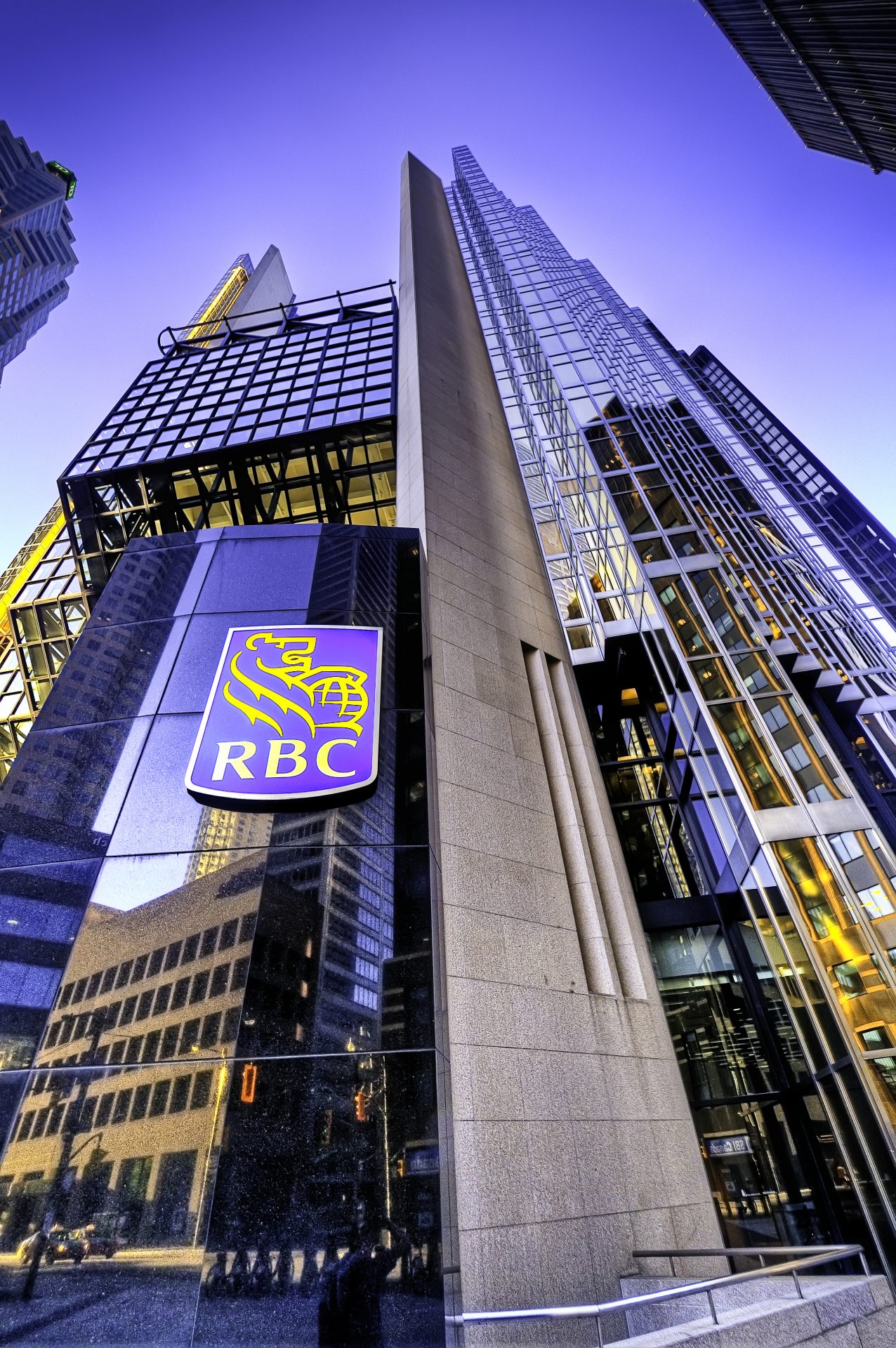Canadian banks are now allowing businesses to pass on credit card-associated fees to consumers. Following the recent settlement of a lawsuit against banks and credit card companies, businesses can now add a surcharge associated with credit card payments of up to 2.4 per cent per transaction. Added to the pressure of sky-high inflation, this is a disgusting move designed to screw over average working people.

In the past, credit card companies prevented merchants from passing on credit card fees, also known as interchange fees, to consumers. This was to encourage consumers to use credit cards. But as of Oct. 6, merchants are now allowed to charge these fees directly to consumers. This means that companies, big and small, can now make us pay for using a credit card as a payment method. The consequences of this are increased prices for workers, and increased profits for businesses.
The change in who pays for credit card fees is the result of a class action lawsuit against certain banks, Visa and Mastercard, for setting unreasonably high interchange fees to merchants. Canada has one of the highest interchange fees in the world at an average of 1.4 per cent. These fees disproportionately affect small businesses as they cannot absorb such costs as easily as big companies. The high costs associated with running a small business is one of the reasons why roughly one-third of new businesses shut down within their first two years. But what would happen if these costs were passed on to consumers? If we take spending on food as an example, a surcharge to consumers means that an average family of four would see their cost of groceries rise by an estimated $205 per year, at a time when grocery bills have already shot up an average of $966 per year due to inflation.
In a recent poll, the Canadian Federation of Independent Business found that about one in five small businesses plan to levy the surcharge on consumers, and more than a quarter said they will if their competitors do. Those who are still on the fence about the new rule cite a potential loss of customers as the main reason. But as inflation generalizes and the crisis of capitalism deepens, competition will ramp up. Businesses reluctant to pass on the surcharge now will be forced to do so in the future under threat of extinction. Chris Rampen describes the situation for small businesses in an interview with the CBC stating, “We’re really in a point of razor-thin margins, and two per cent could matter… I don’t see another solution, frankly.”
Apparently, it never occurred to anyone that financial institutions should be made to lower their fees. TD and CIBC both reported higher-than-expected profits for the third quarter of this year. The combined net profits of the largest Canadian banks in 2019 was $46.6 billion. At the same time, Mastercard has benefited from the global reopening and increased spending on travel. Earlier this year, the credit card company reported a three per cent increase in the price of its shares. These multi-billion-dollar companies see ever rising profits while average Canadians are squeezed for every cent they have.
Struggling small businesses aren’t the only ones who will be passing on the fees. Telus Communication, a subsidiary of Telus Corporation, has already said that, “Starting in October, Telus mobility and home services customers choosing to make a bill payment with a credit card will be charged a 1.5 per cent credit card processing fee.” This means an average surcharge of $2 per customer will be added. The Telus Corporation reported $17.26 billion in revenue last year—the highest ever recorded.
Some say that this will make consumers think twice about the payment method they use and opt for a “less expensive” method. The sad reality is that most Canadians rely on credit to make payments on a day-to-day basis. According to the National Payroll Institute, 42 per cent of Canadians have racked up credit card debt. And a recent Angus Reid Institute poll found that 53 per cent of Canadians are struggling to keep up with the costs of living. Clearly, more and more people find that their wages are not enough to get by and must resort to credit.
Consumers don’t make the rules. Small businesses don’t make the rules. It is big banks and finance capital who call the shots in the end. Capitalism is a game in which big capital makes the rules and everybody else plays along and pays up.
In a situation where more than half of Canadians are struggling to make ends meet, is there really no other solution to ever rising prices? Marxists believe there is! To fight against the profiteering of the banks and credit card companies, we must nationalize them under democratic workers’ control. Only a state bank, under the control of the working class, can guarantee workers and small businesses favorable credit terms. Workers’ control in the economy will require workers’ control in society as a whole. The working class produces all the wealth that exists in society. A society run by producers of all goods and services will prioritize meeting human needs over profit. Only this society—a socialist society—can put an end to profiteering once and for all. Join us to make this a reality!

